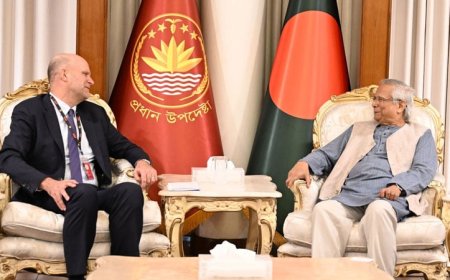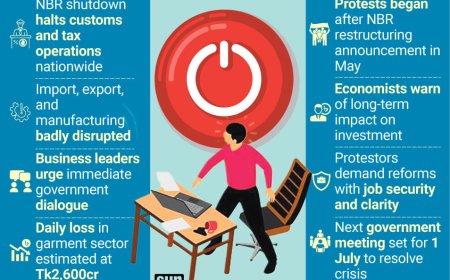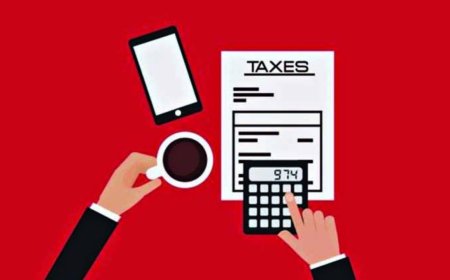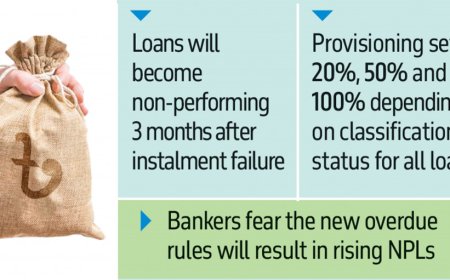Investment in the private sector continues to be sluggish
Economists suggest that the trend may persist despite the increase in reserves, remittances, and export earnings.
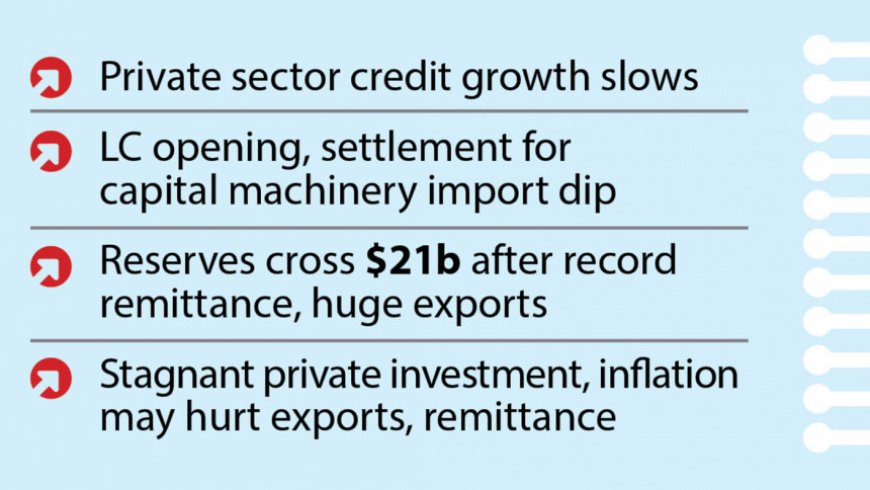
Foreign exchange reserves are showing positive signs of stability, bolstered by record remittance inflows and rising exports. However, private sector investment remains a major concern for the government. Economists attribute the sluggish investment to ongoing political uncertainty and rising business costs, predicting that this trend may persist for another year. While the central bank's foreign exchange management policies are expected to stabilize exports and remittances, lasting improvement hinges on boosting private sector investment and controlling inflation.
Key indicators of private sector investment, such as private sector credit and capital machinery imports, highlight a decline. Data from the Bangladesh Bank released on Thursday revealed that private sector credit grew by 9.86 percent year-on-year in August but only by 7.66 percent in November. In contrast, credit fell by 9.20 percent in September and 8.30 percent in October. The central bank's target for December was a 9.8 percent growth in private sector credit.
During the July-November period of the current fiscal year, letter of credit (LC) settlement for capital machinery imports fell by 21.90 percent compared to the same period last year, and LC opening for these imports dropped by 26.45 percent. Imports of intermediate goods also decreased by 15.38 percent, with LC openings for these goods declining by 11.52 percent, according to central bank data.
Zahid Hussain, former lead economist of the World Bank’s Dhaka office, identified political uncertainty as a key factor behind the lack of private investment activity. "The direction of the country’s politics will likely be determined this year, making 2025 a crucial year," he said. Hussain noted ongoing discussions about the interim government’s reform initiatives, with students and political parties becoming influential in shaping the political landscape. However, uncertainty surrounding the future government and its approach to checks and balances continues to hinder business confidence.
Hussain argued that while high interest rates are often cited as a barrier to private investment, the issue may not be the sole cause, as private investment did not pick up significantly even when interest rates were lower. He also pointed out that liquidity shortages in banks and a distressed banking system could be contributing factors.
Professor Selim Raihan, executive director of the South Asian Network on Economic Modeling (Sanem), echoed Hussain’s views, attributing the slow pace of private investment to political uncertainty. He noted that while private investment has been low for years, political changes and instability have posed additional challenges. "This situation is not conducive to fresh investment," he remarked. He further mentioned that many business owners with close ties to the previous government have either shut down operations or are struggling, which has deterred new investments.
The high cost of doing business, due to persistent inflation and interest rates, has also made it difficult for small and medium-sized entrepreneurs to secure loans and make investments, Raihan said. As a result, many are adopting a “wait-and-see” approach. He emphasized the need for the government to prioritize controlling inflation and reducing barriers to private sector business activity.
Raihan, who was part of the white paper panel formed by the interim government, added that both local and foreign businesses reported obstacles created by the National Board of Revenue and Bangladesh Bank’s rules and regulations, which hinder investment.
Will Reserves Remain Stable?
Bangladesh’s foreign exchange reserves have surpassed $21 billion for the first time since the interim government assumed office in August, standing at $21.36 billion as of December 31. This achievement is primarily due to a record remittance inflow, with Bangladeshis abroad sending $26.9 billion last year, marking a 23 percent year-on-year increase. Monthly remittance inflows reached a record $2.63 billion in December, a 33 percent rise from the previous year.
Exports also reached a record $50 billion in 2024, an 8.3 percent increase from the previous year. December alone saw exports of $4.62 billion, an 18 percent rise compared to the same month in 2023. Development partners, including the World Bank and Asian Development Bank, contributed over $1 billion in budget support in December, further boosting forex reserves.
Hussain noted that uncertainty surrounding forex reserve management has decreased, thanks to the central bank’s current foreign currency policy. This stability is expected to extend to the country’s macroeconomy, particularly the external sector. He added that the interim government’s actions have halted the overseas laundering of money, especially funds tied to corruption, and that stable exchange rates have contributed to the growth in both forex reserves and remittance inflows. He suggested this growth could become a new normal.
While Raihan acknowledged the positive signs of growth in remittances and exports, he cautioned that such progress would not continue without an improvement in private investment and the government’s control over inflation.
What's Your Reaction?







